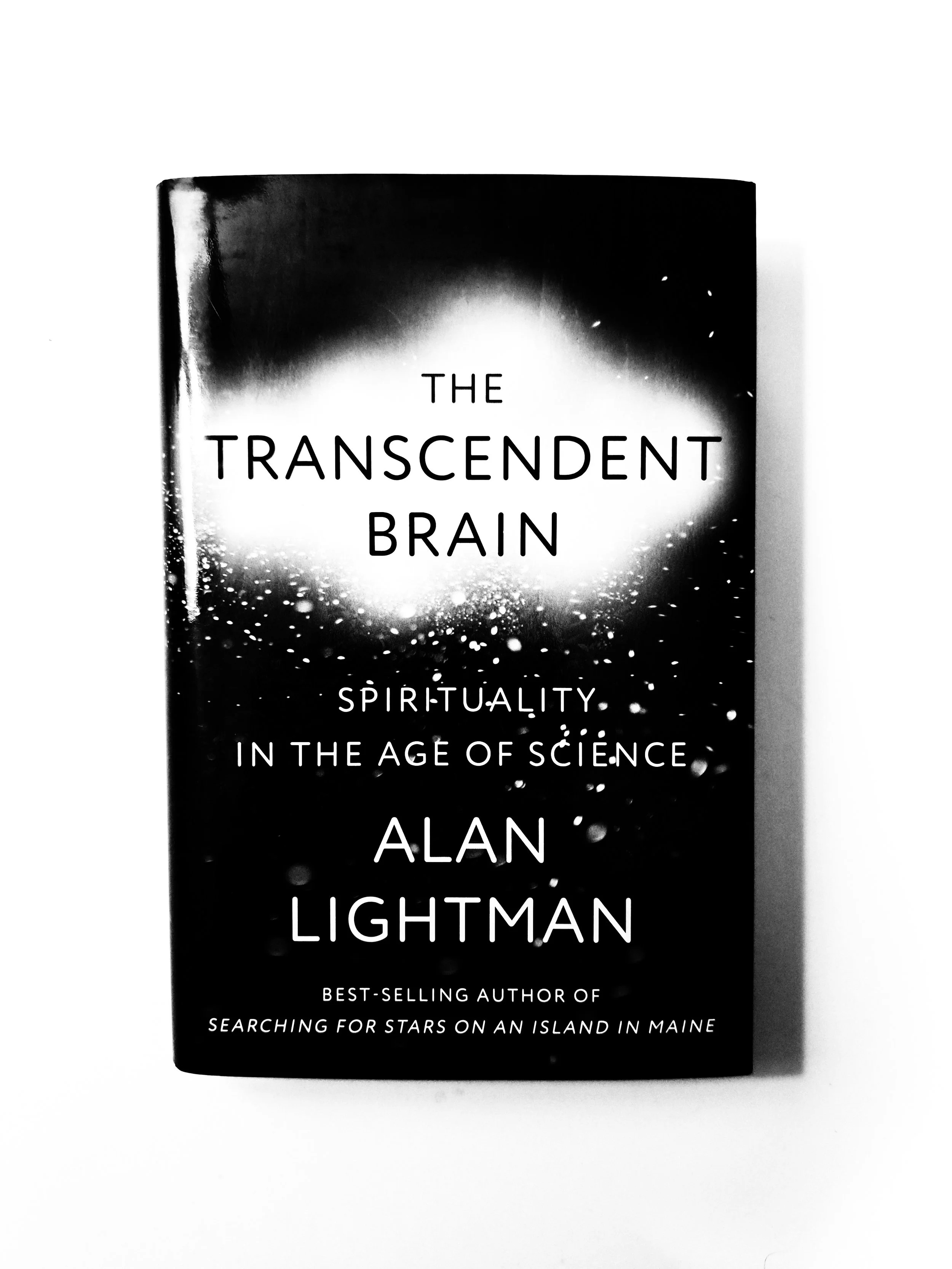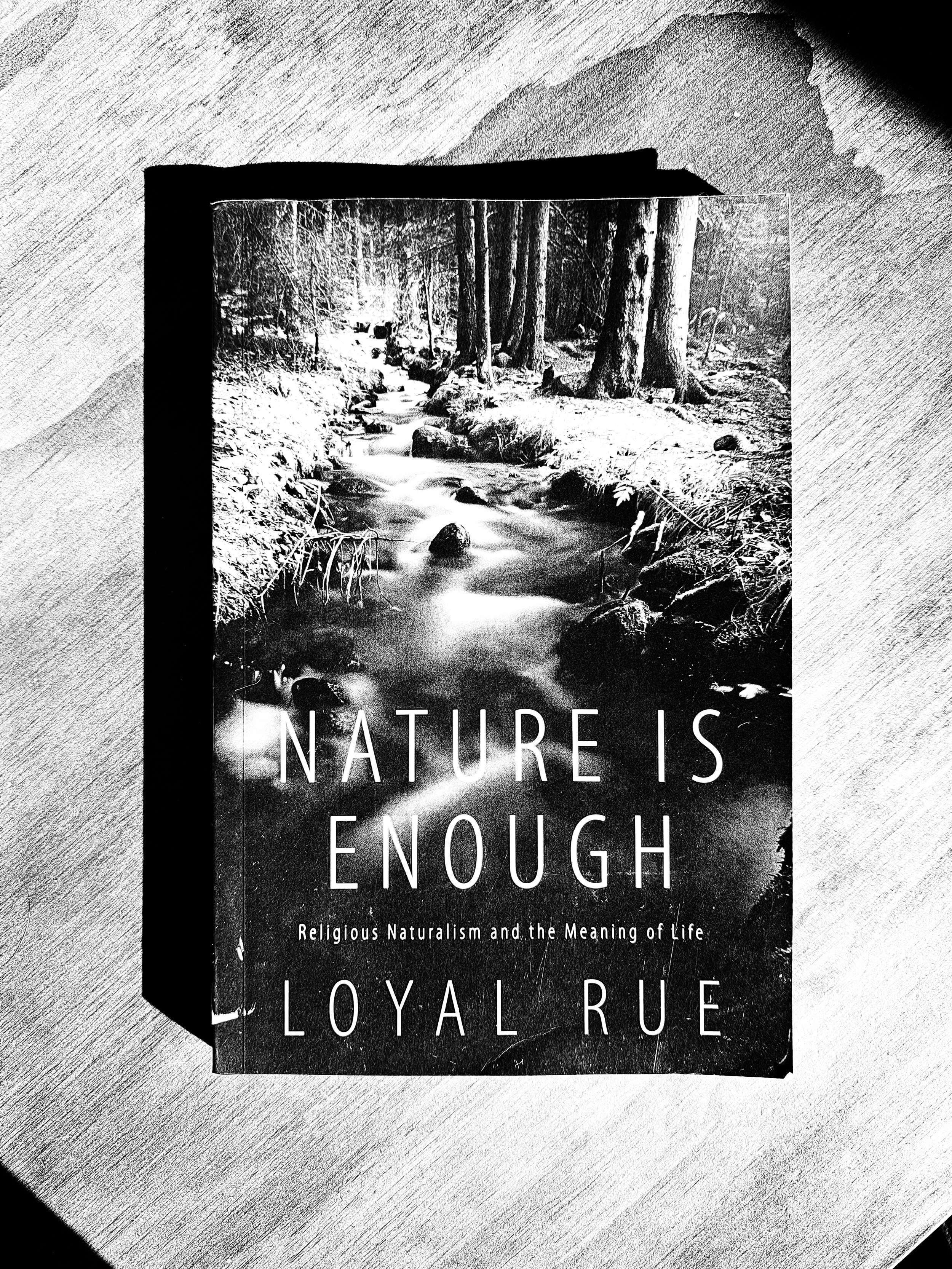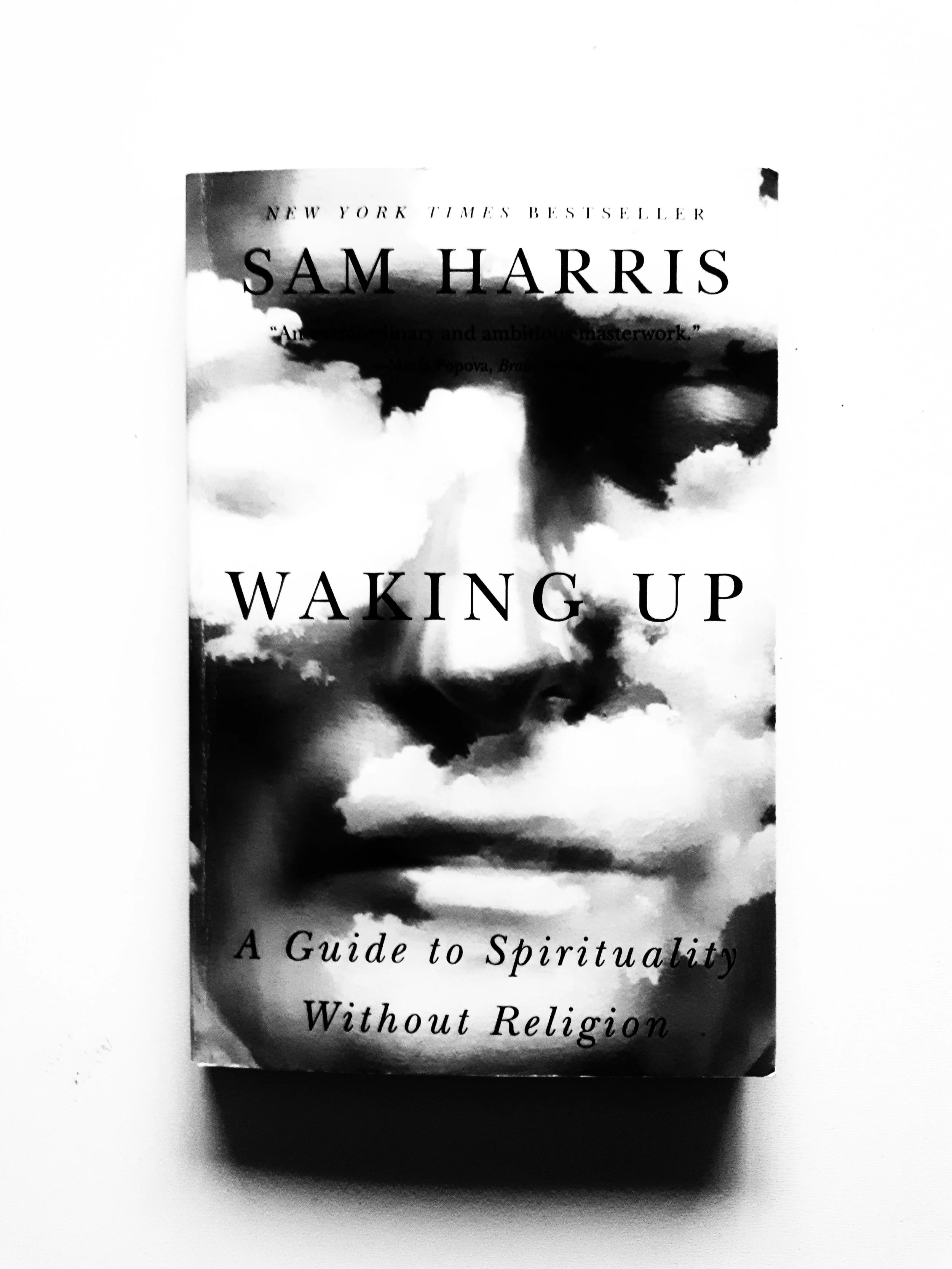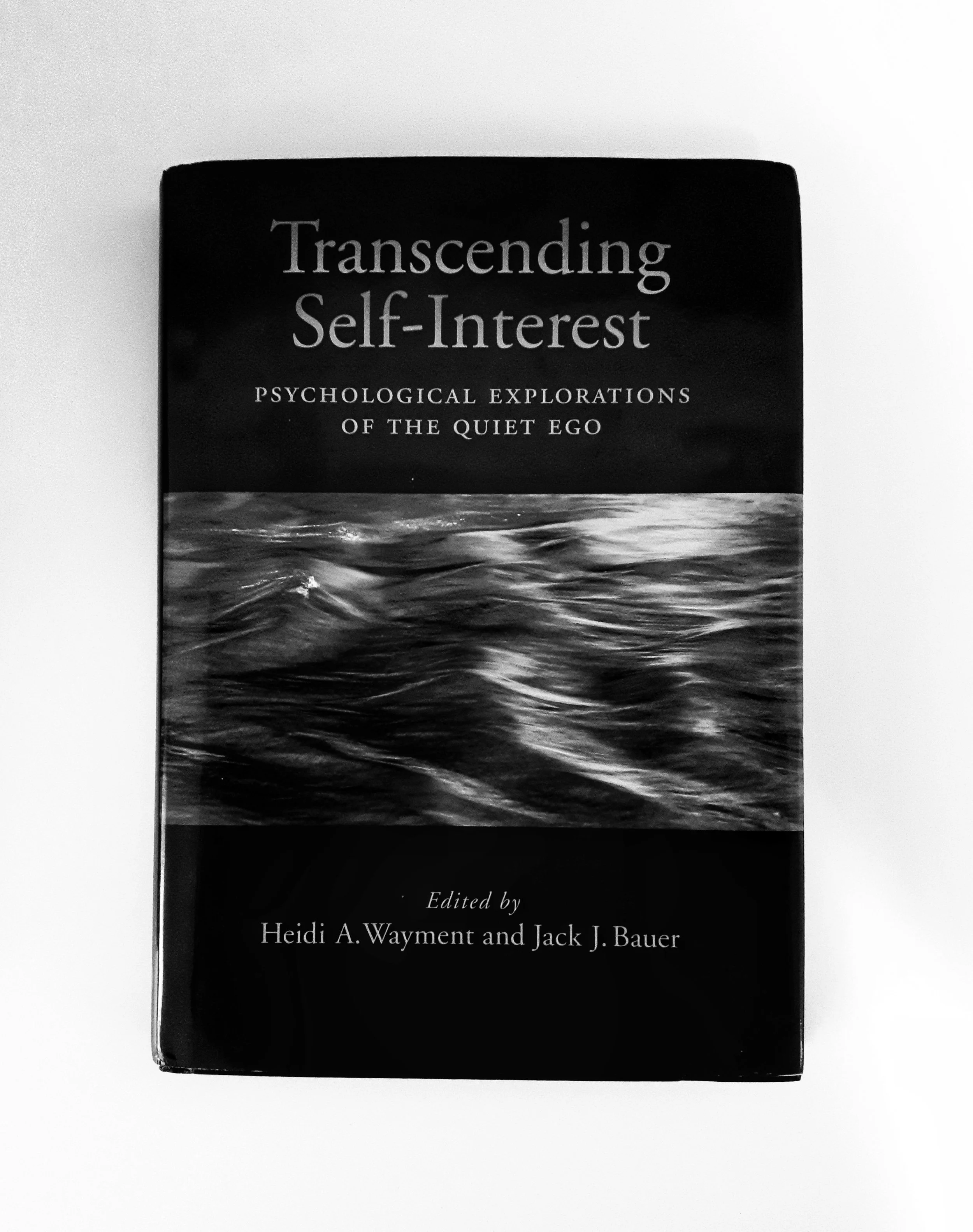Books about Spirituality for Atheists
Can spirituality be secular? Can skeptics have transcendent experiences? Here are 6 books that give their own account for secular/naturalized spirituality and transcendence.
1. Waking Up: A Guide to Spirituality Without Religion (Sam Harris)
“Spirituality remains the great hole in secularism, humanism, rationalism, atheism, and all the other defensive postures that reasonable men and women strike in the presence of unreasonable faith. People on both sides of this divide imagine that visionary experience has no place within the context of science – apart from the corridors of a mental hospital. Until we can talk about spirituality in rational terms – acknowledging the validity of self-transcendence – our world will remain shattered by dogmatism.”
For Sam Harris, spirituality is a very specific type of self-transcendence; it’s experiential insight into our true self-less natures. You may feel like you are the thinker of your thoughts, like there is some “self” that sits behind your eyes and looks out into the world. But experienced meditators and neuroscience researchers know that’s not true. Spirituality as described in Waking Up is using meditation or other contemplative exercises to cut through the illusion of the self, which makes spiritual practice the rational pursuit of a more honest understanding of ourselves and our consciousness.
[Spirituality is the project of self-transcendence, discovering our true self-less natures, which affords us a deep sense of peace and well-being.]
2. The Transcendent Brain (Alan Lightman)
“I’m a scientist and have always had a scientific view of the world – by which I mean that the universe is made of material stuff, and only material stuff, and that stuff is governed by a small number of fundamental laws. . . . Yet, I have transcendent experiences. . . . I have a sense of connection to other people and to the world of living things, even to the stars. I have a sense of beauty. I have experiences of awe. And I’ve had transporting creative moments. Of course, all of us have had similar feelings and moments. While these experiences are not exactly the same, they have sufficient similarity that I’ll gather them together under the heading of “spirituality.” I will call myself a spiritual materialist.”
Alan Lightman is an astrophysicist deeply interested in a spirituality that is compatible with science and a scientific worldview. As described by Lightman in The Transcendent Brain: Spirituality in the Age of Science, “spiritual experiences” are experiences of transcendent quality – “feelings of connection to nature, the cosmos, and other people; the feeling of being part of something larger than one’s self; the appreciation of beauty; the experience of awe; and the creative transcendent experience.” These five experiences are produced by the natural brain – no supernaturality is required. Transcendent experiences are just another type of experience your brain can give you. He also has a great chapter on why the impulse to spirituality is natural too. Spirituality is, for Lightman, connection, unity, beauty, awe, and transcendent creativity.
[Spirituality is the collection of five transcendent experiences: deep connection/belonging, merging into something bigger, beauty, awe, and the creative transcendent experience.]
3. Savouring (Fred B. Bryant and Joseph Veroff)
“. . .in awe of the grandeur of nature; overwhelmed by the magnificence of a symphonic performance; astonished by the elegant order of a brilliant scientific theory; . . . swept up in the love of another person; moved by the goodness or grace of another; or overcome by a deep sense of gratitude. . . The important thing in all these world-focused instances of savoring, we argue, is that people lose most of the constraints on their physical existence, for the moment at least, and under these conditions encounter a force larger than themselves. In other words, they experience spiritual connection.”
In Savoring, Fred B. Bryant and Joseph Veroff present a new model of positive experience and then set spirituality within that context. “Savouring” is the capacity to attend to, appreciate, and enhance the positive experiences in your life, and it comes in four flavours: thanksgiving, marveling, basking, and luxuriating. The last two are self-focused – like basking in the warm glow of praise or luxuriating in a delicious meal. But thanksgiving (gratitude) and marveling (awe, astonishment) are world-focused; they require self-transcendence. Bryant and Veroff define spirituality as a process of meaning-making where the “meaning” rests on something bigger than us, something world-focused. Spiritual connection is, then, a savoured engagement with the world that inspires gratitude and wonder, that causes us to seek value and goodness beyond ourselves.
[Spirituality is world-focused savouring.]
4. Spirituality for the Skeptic (Robert C. Solomon)
“. . . let me begin with a confession of sorts. I have never understood spirituality. Or rather, I never paid much attention to it. When the subject was introduced, I made a convenient excuse to leave, perhaps expressing myself inwardly with a muted groan, expecting what followed to be platitudinous if not nonsense . . . But between my disgust for self-righteous hypocrisy and my disdain for mindless New Age platitudes, I mistakenly rejected what I now see as an essential dimension of life. Spirituality can be severed from both vicious sectarianism and thoughtless banalities.
Spirituality, I have come to see, is nothing less than the thoughtful love of life.”
This, the “thoughtful love of life,” is what philosopher Robert C. Solomon argues is naturalized spirituality, explored in his book Spirituality for the Skeptic, and it requires no supernatural beliefs. This spirituality includes self-expansion, active engagement, and gratitude. Self-expansion is living beyond yourself and belonging to the world beyond yourself; active engagement is passion for life, a wild enthusiasm for living and an overflowing engagement with the world; lastly, gratitude is a profound thankfulness for the gift of life… a gift not bestowed by any supernatural entity and a thankfulness not directed toward any creator, but a gratitude all the same. Spirituality is loving life, loving others, belonging to the world, and being grateful.
[Spirituality is the thoughtful love of life, which includes self-expansion/self-transcendence, wild enthusiasm for living, and profound gratitude for life.]
5. Transcending Self-Interest: Psychological Explorations of the Quiet Ego (Heidi A. Wayment and Jack J. Bauer)
“In addition to defining themselves in terms of their unique traits, social relationships, and group memberships, some people’s self-concepts include broader categories of people, animals, and inanimate objects. For example, a person’s identity might include the idea that he or she is a member of the human species; involve his or her kinship with other animals; or incorporate the belief that he or she can be identified as a part of the universe . . . We call this aspect of identity that goes beyond one’s individual, relational, and collective identities allo-inclusive identity (allo = other).”
(Mark R. Leary, Jessica M. Tipsord, and Eleanor B. Tate)
Would I even be me if I didn’t include a textbook in this list? In Transcending Self-Interest, editors Heidi A. Wayment and Jack J. Bauer bring together research on self-identity, which exists on a spectrum from self-oriented to other-oriented. The person whose identity is mostly self-oriented is focused on self-enhancement and self-importance, is focused on making themselves feel good. But the person who mostly sees themselves as part of a larger whole, whose self-identity is other-oriented, is more non-defensive (mindful), interdependent (aware of their connection with others and the world), compassionate (concerned with the well-being of others), and growth-oriented (interested in humanistic and prosocial development). Exceptionally other-oriented people have allo-inclusive self-identities, and it’s these people who report being “spiritual.” To be spiritual, then, is to anchor your self-identity and self-concept mainly on how you fit in, not on how you stand out. Spirituality is feeling worldly (or even cosmic) kinship, at-oneness, part of a larger whole, and making that the most important aspect of your identity.
[Spirituality is the pursuit of a self-identity that is less centered on the individual and more centered on belonging to others and belonging to the world.]
6. Nature is Enough (Loyal Rue)
“The important difference between religious (spiritual) persons and nonreligious (nonspiritual) persons is a matter of attitudes. Attitudes are valenced beliefs, that is, beliefs that are infused with appraisals of value and existential meaning, beliefs that have non-trivial consequences for the way a person relates to something or someone.”
Loyal Rue is a philosopher and atheist who considers himself a “religious naturalist,” someone who has kept the attitude of religious sensibilities like reverence, sacredness, devotion, and piety, but projects them toward the natural world, not toward God. For him, sacred things are things of ultimate value – things we take seriously and to heart. Religious naturalists take nature to heart. In Nature is Enough, Rue proposes the protection of our natural world and of all living things is of ultimate value, is objectively good, and is the most sacred purpose we could orient our lives toward. This provides the clearest path to devotion, morality, and virtue: a life that is dedicated to life. A religious naturalist takes nature to be sacred, supreme, and sovereign, takes nature to be worthy of reverence, and takes nature to be miraculous. For Rue, atheists can be not just spiritual, but religious too.
[Spirituality as taking sacred things to heart and directing religious sensibilities toward those things most worthy of reverence.]
(For more about religious naturalism, see Nature is Enough, and The Sacred Depths of Nature).
Spirituality is not just for the theists, not just for the believers in souls and destiny and cosmic purpose… it’s for the skeptics too, for anyone with a physical body and brain. Spirituality doesn’t have to be supernatural, it can be embraced without appealing to anything beyond the natural world. If we had to draw out one common theme it would be self-transcendence – a transcendence that gives us a feeling of cosmic belonging and a more honest understanding of ourselves – a transcendence that merges us into something bigger and more enduring, that gives us a thoughtful and savoured love of life, that underscores beauty and awe, and that affords deep appreciation for the improbability of our existence. It’s a transcendence not above the world, but into the world. This is spirituality for atheists.
(See also Spirituality for Atheists, Books about Death for Atheists, and Books about Meaning and Purpose for Atheists)





